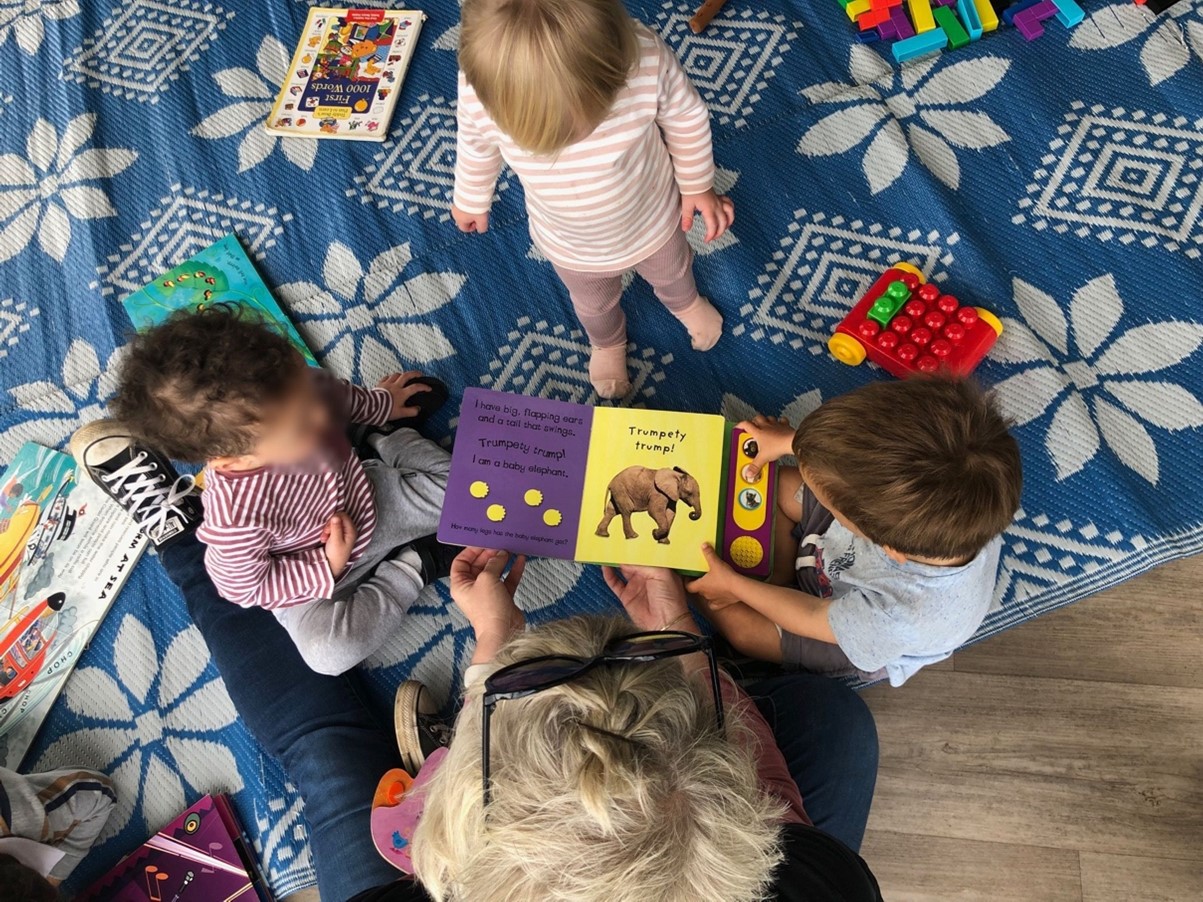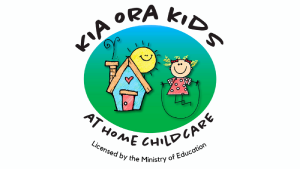
NZ home-based educator in New Zealand is set to play a critical role in early childhood since this model should provide a caring alternative to center-based care. Accordingly, the caregivers work in homelike settings so that a warm and familiar environment may be offered, which would help in better growth, exploration, and emotional well-being of the children. Despite benefits, this role is quite challenging; it includes everything from meeting regulatory compliance to achieving educational standards. But home-based early childhood education also brings many opportunities, mainly to those who are truly committed to individualized and flexible childcaring approaches.
Regulatory and Compliance Challenges
While meeting the regulatory standards at home, the educator in NZ may be quite challenging. Early childhood New Zealand requires certain conditions such as maintaining child-to-educator ratios, first aid training, and health and safety concerns for the children. Although these are complementing requirements regarding the well-being of the child for better care, these add to the administrative work of the educator. Again, these standards are time-consuming, and in many cases, an educator has to manage teaching along with planning day-to-day activities.
Agencies like Kia Ora Kids support many home-based educators in NZ with advice and help in managing compliance. Agencies provide the necessary tools, resources, training, and equipping of educators in keeping them updated with the current state of regulations, allowing them to spend more time and attention on childcare than administrative work. This level of infrastructure really makes a lot of difference and takes a great amount of pressure off the educators, which in turn affects the families’ experiences. Go to Become a Home-Based Educator to find out more about training and certification options.
Relationship-Building with Families and Children
One of the most identifiable advantages of home-based early childhood education is the close bond developed between the educator, the child, and his family. Unlike larger centers, where a child may go through many caregivers, home-based educators typically work with very small groups. Such close interaction builds trust and familiarity that allows educators to get to know each child’s personality, preferences, and learning style up close.
In such a setting, parents typically consult with educators and follow and discuss feedback and progress openly and continually. It is a mutualistic relationship that encourages community and a shared way of considering how best to support the child in his/her development. This nurturing environment instills confidence and curiosity and develops social skills in the child, providing a very sound base for his/her future learning. See the page entitled Meet Our Educators to read about Kia Ora Kids’ team of committed educators and how they forge quality relationships with whanau/families.
Balancing Education with Personalised Care
One of the strengths in home-based childcare is its ability to combine activities involving educational programs with individualized care. Such an environment propels child-centered learning in which play activities are integrated into daily routines. In this setting, the educator may structure activities to a child’s particular interests that help stimulate the progression and development of cognitive, motor, and social skills. For example, a child who is interested in nature will have more time outdoors, whereas a child that enjoys books will spend additional time in storytelling and reading.
However, balancing the curriculum requirements with individual care is an art in itself. Educators must be skilled at integrating play and learning in such a manner to keep children excited yet not overwhelmed. Continuous training and development programs help many home-based educators NZ stay abreast of the latest practices in early childhood education and devise effective strategies to achieve this balance.
Professional Growth and Career Opportunities
A career in home-based early childhood education presents a multitude of possibilities for professional growth as an educator. On-the-job training, training programs, workshops, and mentorship will afford educators specializing in child psychology, play-based learning, or social-emotional development. Professional development not only enriches their teaching methods but also allows educators to grow personally, gaining the skills and confidence needed to excel in their roles.
Organisations such as Kia Ora Kids support educators through monthly workshops and can also provide educators with a network of experiences. This ultimately supports educators commitment to ongoing learning, knowledge development, and building capability. Individually this will also help lift the home-based care services across New Zealand.
Conclusion
At the heart of it is the home-based educator New Zealand has, who provides a unique mix of challenges and rewards. Still, when one struggles to meet regulatory standards, manages relationships with families, and at the same time tries to provide personalized care while keeping curriculum goals, the rewards are handsome. Home-based early childhood education enables educators to make a difference in children’s lives within a nurturing and supportive atmosphere. As more and more families recognize the advantages of home-based childcare, the demand for committed, competent educators will continue to increase, making it important that opportunities for career development and support resources become increasingly available for these vital community members.
